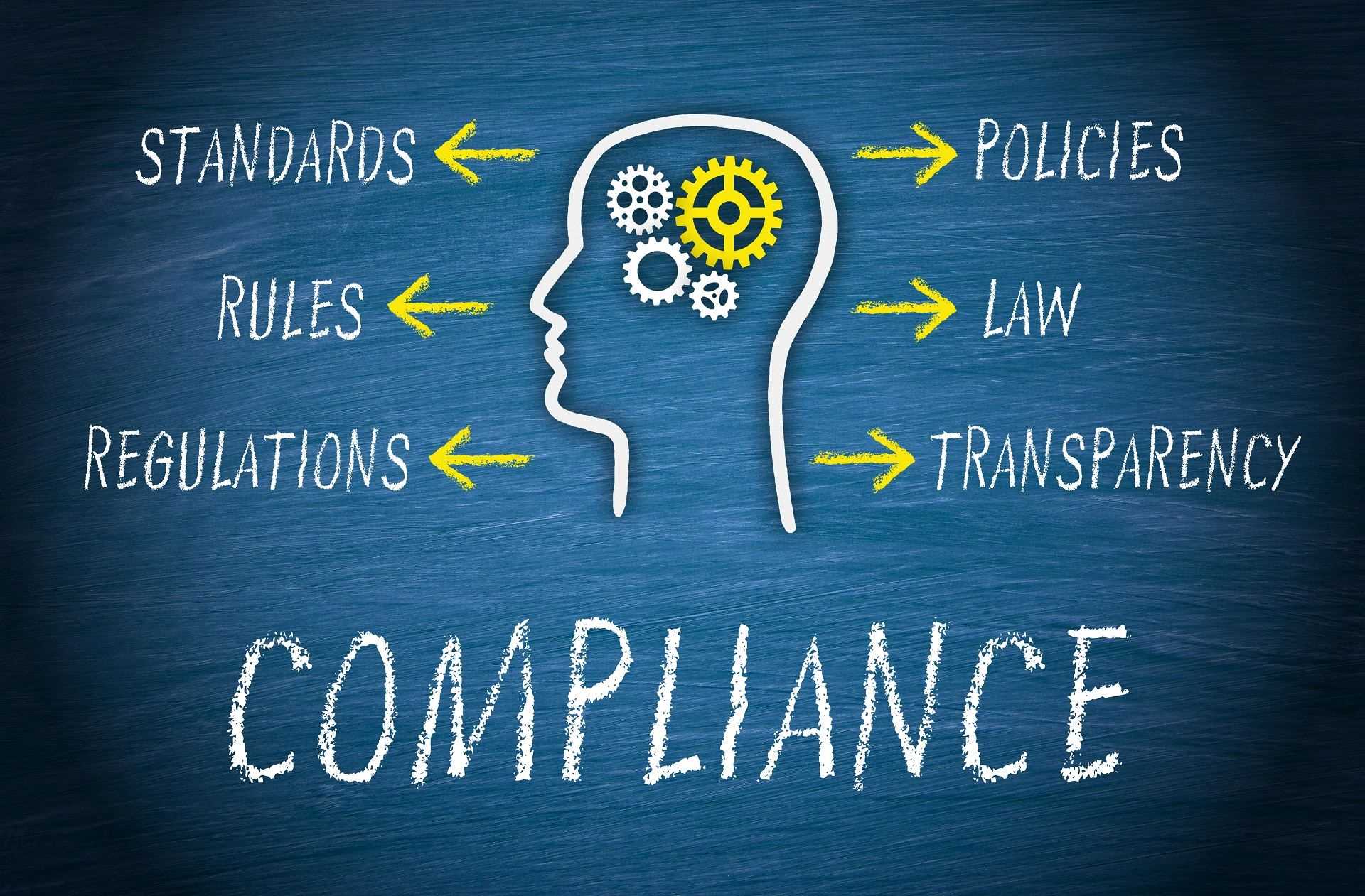
Managed Integrity Evaluation
Wednesday, 04 May 2016
For businesses, an essential factor for success is to familiarise themselves with - and fully understand - the laws and regulations which govern them. Compliance is, after all, directly linked to a business’s reputation.
“Compliance refers to when an organisation adheres to certain standards, regulations and legislation which has been put in place by the country and / or industry in which it operates. Often, non-compliance can have reputational, financial or audit implications for businesses.”
This is according to Ina van der Merwe, Director and CEO of background screening market leader, Managed Integrity Evaluation (MIE) who emphasises that business leaders should put corresponding policies in place to hold employees, clients and suppliers accountable in the event of non-compliance with laws, regulations and ethical standards.
“Having policies in place is an important strategic link for an organisation to realise its vision and be compliant with the country’s employment and privacy laws. Certain policies can also be developed in response to unethical, but common, behaviours such as fraud, corruption and bribery.”
“Implementing these types of policies set a clear standard for an organisation. It also shows employees, clients and suppliers that the company is transparent and above board,” she explains.
Relevant laws in this regard include the Protection of Personal Information Act (POPI) and the National Credit Act.
Van der Merwe says, “The purpose of the POPI Act is to ensure that people’s privacy is protected and that all South African organisations collect and store the personal information of consumers in a responsible manner.”
“This means that businesses need to take a hard look at how they store and manage their data as they are compelled to comply with strict measures and guidelines that will safeguard the processing, usage and handling of personal information as well as how they obtain and use this information. This includes employee and customer cell phone numbers, ID numbers, personal addresses and banking details,” she adds.
Another consideration businesses ought to keep in mind is the National Credit Act Amendment (NCAA) - which promotes a non-discriminatory, transparent, resourceful and accessible credit market.
Van der Merwe says, “It is important to note that employers and staffing organisations can only assess a candidate or employee’s credit record if the candidate’s prospective position meets certain criteria. Firstly, the request for credit information needs to relate to a position which requires honesty in the handling of cash or finances. This requirement should be included in the candidate’s job description.”
“Another major factor impacting compliance in this regard is to acquire specific and informed consent from the candidate before the request is made,” she adds.
Van der Merwe explains that this criteria has been put in place so that compliant businesses can still access the credit information for those who work in a position or industry at high risk for financial mismanagement.
“Often overlooked by businesses, a policy which is becoming increasingly important for companies to adopt is an anti-corruption, anti-bribery or fair practice policy.”
“This is surprising considering the increase in corruption scandals in South Africa over the past ten years which have a debilitating financial and reputational impact on the organisations involved,” van der Merwe says.
A vital component of an anti-corruption policy, according to MIE, is to have clear guidelines on how to report corruption and how the company will respond to such behaviour. “Employees who report corruption, which is often the case, should also be kept anonymous in order to lessen fear of intimidation,” van der Merwe adds.
She refers to recent research by EY (Ernst & Young), ‘Fraud and corruption – the easy option for growth? Europe, Middle East, India and Africa Fraud Survey 2015’, which found that while more than half of all respondents believe that bribery and corruption is widespread in their country, 42% noted that either their company does not have an anti-bribery policy in place or they didn’t know if their company had one.
“Business leaders have more resources available to them to combat corruption than ever before with technology introduced to the market which is able to flag potentially corrupt relationships and conflicts of interest between vendors and employees during the procurement process. Identifying potential cases of corruption before they happen can assist businesses in mitigating both financial losses and reputational risk.
“The unfortunate reality that often emerges is that the very people who are tasked with overseeing the procurement process may very well be involved in procurement fraud themselves.”
“At the forefront of the background screening industry in South Africa, MIE is fully compliant in terms of the above laws and regulations and only conducts background checks on employees who fit the required criteria and who have given their consent. In an evolving business environment which requires regulation to protect companies and their employees, organisations should take note of which policies their current operations may require moving forward,” van der Merwe concludes.





















